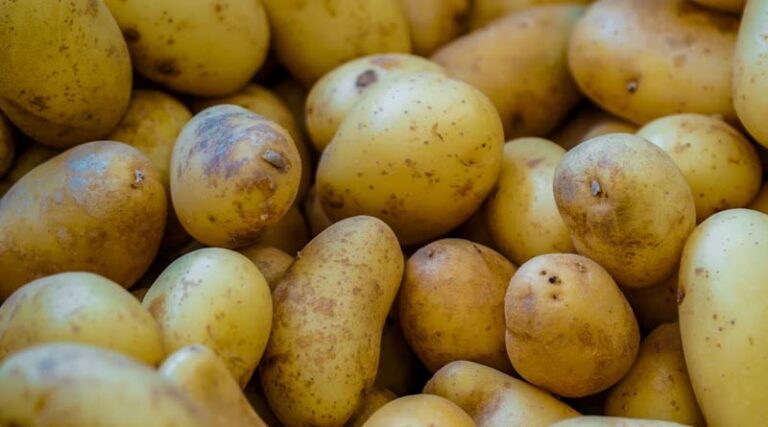
Dhanuka Agritech Issues Advisory to Protect Potato Crops from Early and Late Blight Diseases
31 October 2025, New Delhi: As the rabi season begins, potato farmers across India are preparing their fields for planting. Potatoes, being a high-value cash crop, demand special attention from sowing to harvesting. However, fluctuating weather conditions, disease, and pest infestations can severely impact both yield and tuber quality. To ensure a healthy and profitable harvest, Dhanuka Agritech advises farmers to adopt scientific crop management and protection practices.
Right Sowing Practices
To get a strong and disease-free crop, farmers should always use certified and disease-free seed tubers. Choose healthy, medium-sized tubers for better sprouting. The ideal sowing time is from mid-October to mid-November, depending on the region and temperature. The soil should be loose, well-drained, and rich in organic matter. Deep ploughing and proper leveling are important to avoid water stagnation, which can lead to rotting. Maintain spacing of 20–25 cm between plants and 60 cm between rows for proper growth and aeration.
Protecting the Crop from Diseases
Healthy seed is a solid foundation for a healthy crop and harvest. It is very important to safeguard seed from initial setbacks due to diseases (Black scurf and scab) through effective solutions in seed treatment.
One of the biggest threats to potato crops is early and late blight, a fast-spreading fungal disease that thrives in humid and cool conditions and is capable of reducing yield and quality. To protect the crop, farmers should begin applying preventive fungicides soon after germination and repeat applications as advised by scientists. Using a mix of systemic and contact fungicides with dual action helps stop the disease from spreading and provides longer-lasting protection.
Effective fungicides for seed treatment, such as Thiophenate methyl 38% + Kasugamycin2.21%, for foliar sprays such as Amisulbrom 20% SC, Mancozeb 75% WP, and Carbendazim 12% + Mancozeb 63% WP, are highly recommended for managing major fungal infections in potato crops.
Amisulbrom offers strong protection against late blight, while Mancozeb serves as a broad-spectrum contact fungicide that prevents fungal spore germination, and the Carbendazim-Mancozeb mix effectively controls seed- and soil-borne fungal infections, ensuring healthy crop establishment. Regular and timely fungicide application, supported by good field hygiene and crop rotation, can significantly reduce disease incidence and safeguard productivity.
Moisture and Nutrient Management
Uniform moisture is essential for healthy tuber development. Avoid waterlogging by ensuring proper drainage. Adopt sprinkler or drip irrigation for even moisture distribution. Balanced use of fertilisers, especially nitrogen, phosphorus, and potassium, along with organic manure, promotes strong plant growth and quality tubers.
Biofertilisers such as Mycorrhiza are also found to be highly effective in enhancing the nutrient and moisture uptake by the crop.
Smart and Safe Farming
With Dhanuka’s advanced crop protection solutions ranging from eco-friendly fungicides and systemic insecticides to biostimulants, farmers can safeguard their fields effectively. By combining the right sowing methods, timely protection, and scientific practices, farmers can protect their potato crop from diseases and pests, ensuring higher yield and better income this season.
📢 If You’re in Agriculture, Make Sure the Right People Hear Your Story.
From product launches to strategic announcements, Global Agriculture offers unmatched visibility across international agri-business markets. Connect with us at pr@global-agriculture.com to explore editorial and advertising opportunities that reach the right audience, worldwide.






